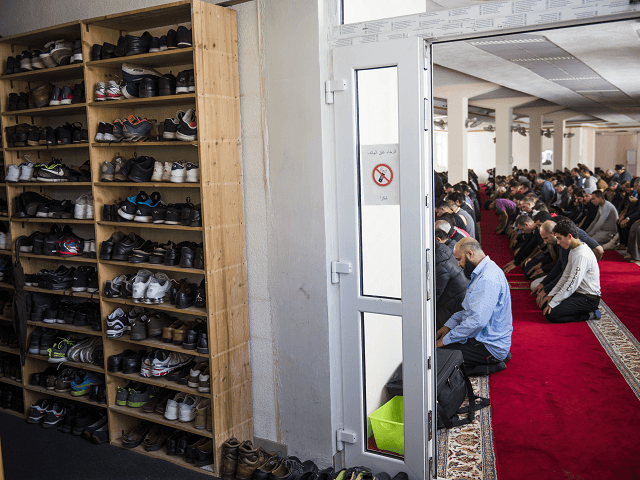With 978 Turkish imams operating in 900 mosques, German politicians are showing increasing concern over foreign influence over the country’s Islamic places of worship.
With almost all funding coming from Turkey and Saudi Arabia, members of the Christian Social Union (CSU) party have proposed foreign funding be banned and imams be trained in Germany.
The Frankfurter Allgemeine has investigated the close ties between Germany’s biggest Islamic organisation, the Turkish-Islamic Union for Religious Affairs (DITIB), and the Turkish government, amidst allegations that Ankara controls Muslim spiritual life in Germany.
The DITIB comes under the official Turkish religious authority Diyanet and so DITIB imams, as the Allgemeine reports, are Turkish state officials with all the obligations that entails. Loyal to Erdogan, before parliamentary elections their imams are known to call for people to vote for his Justice and Development (AK) party.
Rauf Ceylan, author of a study into the beliefs and teachings of imams in Germany, explains that the type of Islam which is preached in German mosques is ultimately determined by the boards of mosques and organisations.
The largest group Ceylan identifies are “traditional conservative imams.” Comprising 75% of Germany’s Islamic preachers he says their teachings are generally of “obedience, piety, Turkish patriotism”.
The second largest group he calls “traditionally defensive”. This group, he says, have a worldview that is based on “secret teachings, evil forces and Turkish nationalism” and they fear that Germany has a systematic state policy of Germanisation which is corrupting their communities.
The Allgemeine laments the fact that most imams are unwilling to bring liberal interpretations of the Koran, that charismatic personalities among imams are rare, and that lively debates about Islam don’t take place. Instead, it says, worship is functional, faithful and conservative.
It suggests that there are “more and more young Muslims who want a contemporary approach” to Islam, yet notes that an increasing number are turning towards extremist Salafism.
Christian Democratic Union MP Volker Kauder last week suggested the German government become more active and aware of what’s being preached in mosques, fearing sermons are being given that “don’t chime with our understanding of the role of the state.”
In the immediate future, however, the prospect of German-trained imams who share “German core values” is faint. Despite the fact German universities have offered courses training imams for several years, there are very few graduates and no data as to how many of them are currently practising in Germany.

COMMENTS
Please let us know if you're having issues with commenting.